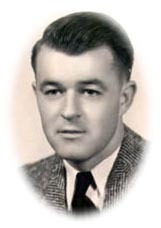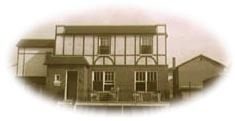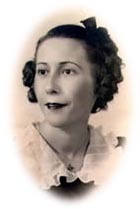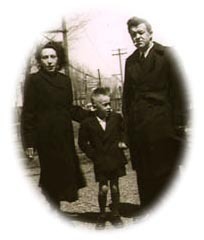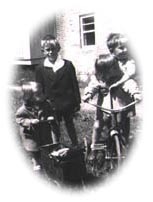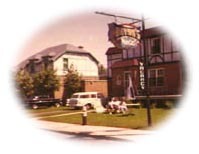Book online now
One of his former colleagues at the Séminaire, J-Adrien Boivin, has made himself a place in the building industry. He is the one who built Lévis Tardif at the corner of Adolphe-Routhier, and later, Jacques Gagnon at the corner of Louis-Fréchette.
Michel Doyon notices that there are many tourists at Lévis Tardif. Once houses are put up on chemin Sainte-Foy, between Sir Adolphe-Routhier and Ernest-Gagnon, and seeing that these houses are for sale, he tells abbott Adolphe Doyon at the Séminaire de Québec about his idea and the abbott lends him $3,000.
This time, he manages to borrow the 6 000 $ he needs as a cash-down from the authorities at the Séminaire de Québec, thanks to his brother Jean-Luc. They are equal owners of this new property. Jean-Luc will hand his share over to Michel on March 13, 1972, copy registered in Quebec on March 15, 1972 (n. 714 131). The brothers promise to pay back the loans granted by the abbey Doyon and from the Séminaire de Québec . No mortgage, no garantee other than their word.
Michel Doyon does not have a lot of money set aside. He must now furnish his two houses and get them ready as soon as possible. One of them, the 725, is ready in early July of 1947; the other, one month later. All the furniture is bought on credit at Légaré's. Simone Coderre, his wife, makes the curtains and takes care of the decoration. Hiring people to help is too expensive. He therefore goes to his father, his brothers and sisters for help and convinces them to move from St-Benoît. He also asks his brother Jean-Luc and his friend François Marier for help.
The summertime profits are systematically reinvested into the family business; the income generated by the students and by the "Librairie Philosophique Michel Doyon" with which his wife helps out a lot, allows the business to stay in shape during fall, spring and winter. The income generated by Michel Doyon's job as a secretary at the Séminaire de Québec, helps in making sure his wife ans seven children have everything they need. Because of the seasonal nature of the owners' income and because of their philosophy, which consists in reinvesting profits, the Motel evolves in the midst of chronic cash-flow problems. By looking closely at the principal projects which were accomplished throughout the years, we can grasp the scope of these problems a little better.
As years go by, many new auberges appear, as much on route 2 as near the Pont de Québec and on boulevard Laurier. Passing out publicity pamphlets emphasizing the Motel's low prices is enough to attract tourists to the Motel Doyon; the cleanliness of the rooms and the warm greeting contribute to keep them.

